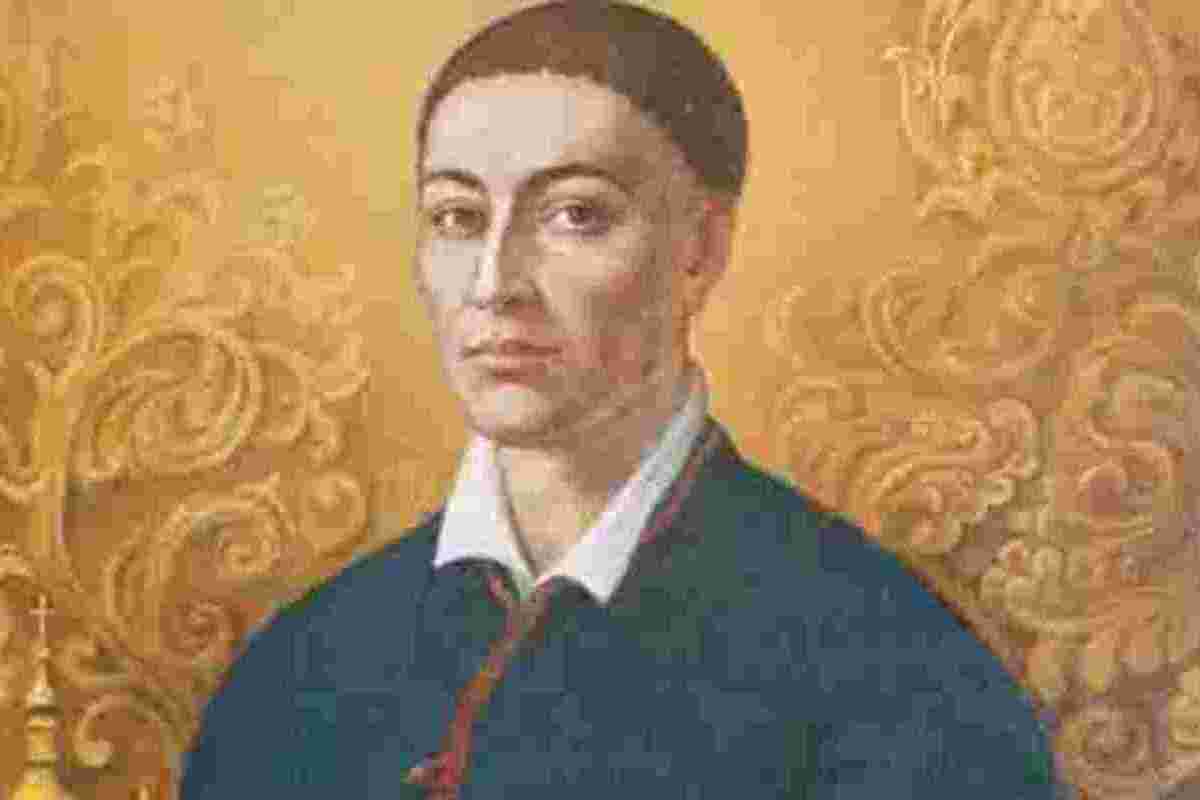Hryhorii Skovoroda is one of the most outstanding figures of Ukrainian culture, a thinker, philosopher, poet, and teacher, often referred to as the Ukrainian Socrates. His life and work became an example of spiritual freedom, independence from material goods, and the pursuit of harmony with nature and with oneself. Interesting facts about this sage allow us to see him not only as a philosopher but also as a man with a unique worldview. Incredible facts from his life reveal his journeys, pedagogical activity, and influence on future generations. You might not have known that Skovoroda left behind an immense legacy that continues to inspire people around the world today.
- Hryhorii Skovoroda was born on December 3, 1722, in the village of Chornukhy in the Poltava region. His family was simple but had strong spiritual traditions. From childhood he showed exceptional abilities for learning and studied the Holy Scriptures on his own.
- He was educated at the Kyiv-Mohyla Academy, which was one of the most prestigious educational institutions in Eastern Europe at the time. Skovoroda studied philosophy, poetry, theology, and foreign languages. It was here that his interest in deep spiritual search was formed.
- Skovoroda knew many languages. Among them were Latin, Greek, Hebrew, German, and Polish. This allowed him to read the works of ancient philosophers in the original and apply them in his own reflections.
- In his youth, he had a talent for music. He played the flute and violin and also sang in the court chapel in St. Petersburg. Music remained an important part of his life, often serving as a way to express his spiritual feelings.
- Skovoroda traveled across Europe. He visited Hungary, Austria, Slovakia, and Poland, becoming acquainted with the cultures and educational systems of different countries. These travels influenced his worldview and broadened his understanding of Ukraine’s place in the world.
- He worked as a teacher in various schools and colleges. Skovoroda taught poetry, Latin, ethics, and other subjects. His methods often went beyond traditional boundaries, which caused dissatisfaction among church and secular authorities.
- Due to conflicts with his superiors, he abandoned teaching and chose the life of a wandering philosopher. Skovoroda consciously rejected positions and material goods. He traveled through villages and towns, spoke with people, and spread the ideas of spiritual freedom.
- His philosophy was based on the idea of self-knowledge. Skovoroda believed that every person should discover their true nature, find their vocation, and live in harmony with it. He called this principle “congenial labor.”
- Skovoroda created allegorical fables with profound moral meaning. Animals, plants, or fictional characters personified human traits and flaws. Such works were accessible and understandable to ordinary people.
- He wrote many philosophical treatises and poetic works. Among the best known are “Narcissus,” “The Garden of Divine Songs,” and “Kharkiv Fables.” His heritage combines religious reflections, moral teachings, and literary art.
- Hryhorii Skovoroda often compared human life to the cycles of nature. He saw in nature the reflection of God’s plan and believed that harmony is possible only when a person follows the laws of nature.
- Skovoroda had a great influence on his contemporaries. Students, peasants, priests, and even nobles communicated with him. He was able to explain complex ideas in simple language, which made his teaching popular and widely accepted.
- He never married. For Skovoroda, spiritual search and inner freedom were paramount. He believed that attachment to the material world distracts from true life.
- Skovoroda lived very modestly. His clothing was simple, and his food was plain. He preached moderation in all things and believed that happiness does not depend on wealth.
- According to legend, Skovoroda predicted his own death. It is said that he asked for a place to be prepared under a linden tree, where he wished to be buried. Afterwards he calmly bid farewell to people and passed away.
- On his grave are inscribed his own words “The world tried to catch me, but did not succeed.” This phrase became a symbol of his life and philosophy, which resisted the conventions of the world. It remains a well-known saying in Ukrainian culture.
- His legacy influenced the development of Ukrainian and European philosophy. His ideas of spiritual freedom, self-knowledge, and congenial labor found echoes in the works of many thinkers. Skovoroda became part of the world’s intellectual heritage.
- The image of Skovoroda is depicted on the Ukrainian banknote of 500 hryvnias. This is a symbol of recognition of his role in the history and culture of Ukraine. Many streets, schools, and universities are named after him.
- Skovoroda became a beloved figure in Ukrainian literature and art. Poets wrote about him, painters created portraits and monuments. His image is associated with wisdom, freedom, and love of truth.
Incredible facts about the life of Hryhorii Skovoroda show that he was not only a philosopher but also a living example of the harmonious union of thought and action. Interesting facts from his life help us understand the impact he had on the formation of spirituality. You might not have known many details of his biography, yet they reveal the image of a man who chose the path of freedom and wisdom. Fascinating facts about Skovoroda prove that his legacy remains relevant even today.





